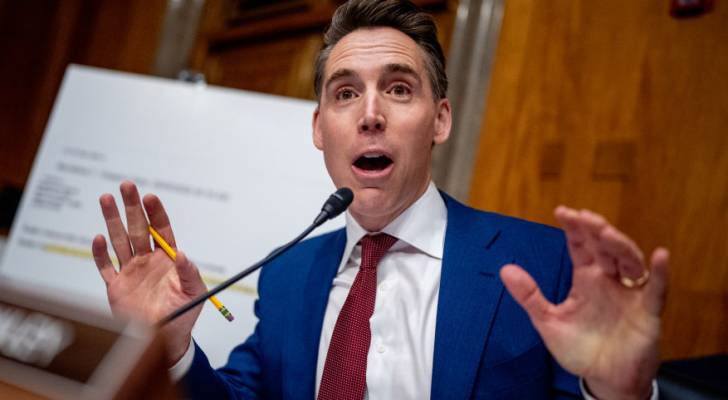4 min read
Pretty soon, every newborn American could be the proud owner of their very own “Trump account.”
The Republican party’s “one big beautiful bill,” which passed the House early Thursday, contains a pilot program that would automatically create a new, tax-advantaged investment account prefunded with $1,000 for each child born from the beginning of 2025 through the end of 2028.
Originally dubbed "MAGA accounts," the acronym stood for “money account for growth and advancement” — obviously meant as a tribute to President Trump’s most famous catchphrase. In an 11th hour amendment, House Republicans voted to put the president's name on the accounts.
Whether you love or hate the branding, the idea’s backers say the accounts are a way to get all kids into saving and investing early in life, while helping them save for goals like college or a home.
But financial advisers who spoke with Yahoo Finance warned that, aside from the free seed money, the benefits the accounts offer are relatively paltry compared to other tax-shielded savings options Americans already have available, including the 529 accounts parents use to put away money for college. The new Trump accounts also come tied up with a fairly complex and potentially confusing set of rules.
As a result, putting any money into them beyond what the government offers might not make sense for most families, they said.
“It’s not very attractive,” Ann Reilley, CEO of Alpha Financial Advisors, said of the program. “It just seems like they’re complicating things for no reason.”
Under the proposal, parents will have the option to open Trump accounts for any child under the age of 8 at a bank of their choice, but only newborns will receive the free $1,000. In cases where parents fail to set up an account for their baby, the government will create one automatically and notify them.
From there, contributions to the accounts will be capped at $5,000 per year, with a limited exception for gifts from local charities. The money can grow tax-free until it’s withdrawn but must be invested in a broad stock index.
That’s about it for the tax advantages. Once cashed out, investment returns will be taxed as long-term capital gains — but only if the funds are used for one of a few approved purposes. Those include paying for higher education or other job training expenses, starting a small business, or making a down payment on a first home.
Money spent on anything else will be treated as ordinary income.
Overall, it’s a less generous deal than putting money into a 529 account for higher education or Roth IRA for retirement, since both of those options allow investors to withdraw their money entirely tax-free. The Trump account also comes with additional strings attached that could make it tricky to manage. Children can begin taking out their savings once they turn 18, but can’t use more than half before age 25. Then at 31, all the cash is automatically disbursed.













